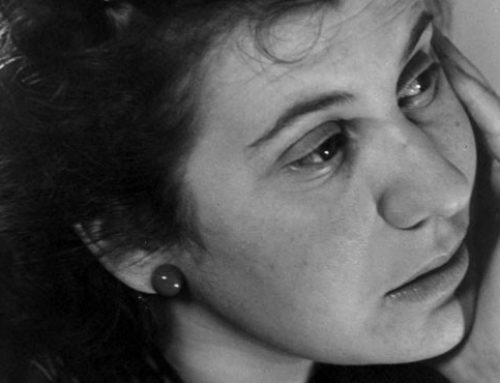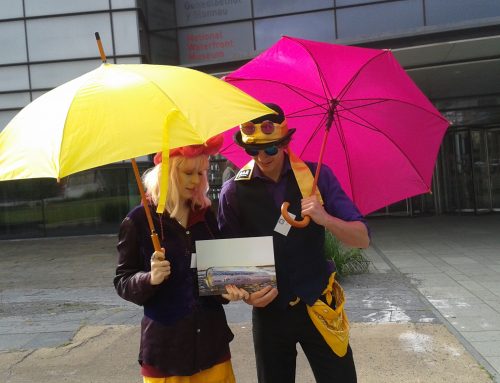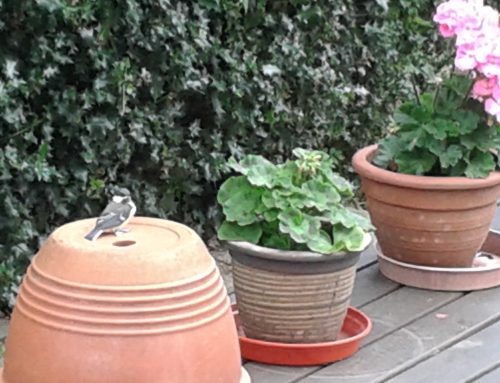One of the most common concerns that comes up in Poetry Therapy (and life, of course) is decision making and the what-ifs that accompany it and the if-onlys that sometimes follow.
It’s probably no surprise that ‘The Road Not Taken’ by Robert Frost is popular in poetry therapy, and one of the most anthologised poems ever. The poem isn’t all it seems though. It was written, with a good deal of irony in response to the havering of his close friend, Edward Thomas, first on country walks when he often regretted not having taken a different route and later, more significantly, when Thomas was undecided between emigrating to the US or enlisting to fight in the First World War. The poem may well have goaded him into taking the latter path. He was killed shortly after arriving in France in 1917.
Frost later described the poem as ‘tricky’. Like some other iconic poems, it has taken on a life of its own. Frost was surprised by how it was received when he first went public with it, with earnest respect rather than amusement. Readers and listeners took the poem to be insisting on the importance of choosing a road ‘less travelled by’, when in fact, in the poem, the paths are pretty well equivalent.
Such equivalence may be true of life’s journey in general, or the relative merits of one route through the countryside over another, but there are times, such as Edward Thomas’ decision to enlist, when the decision will be dramatically life-changing.
This was brought home to me watching Joe Wright’s brilliant film of Anna Karenina on Friday. Of course, the film is not the novel, and at two hours is inevitably less capacious and open-ended than the 864 dense pages of the Penguin edition of Tolstoy’s masterpiece. Both works of art left me deeply moved and with a sense of anguish.
From a poetry therapy point of view, I was struck by the film’s potential to open discussion on Anna’s choices – to leave her husband, leave her son, to go to the opera and ultimately, to take her own life. The film also highlighted, and emphasised in its screenplay, questions around what love means, especially when so closely aligned to duty and keeping up appearances.
Another elegant examination of decision making in relation to partnerships is Peter Kramer’s Should You Leave which draws on literature, psychotherapy and psychoanalysis to explore the complexity behind the surface either-or decisions about relationships. Poetry therapy is very much about acknowledging ambiguity and ambivalence – the opposite of chicken soup and Mars & Venus dichotomies.
Finally, on this journey from Tolstoy, via Frost to modern psychoanalysis, here’s one of the most vivid expressions of this most human dilemma. Released in 1981, the unforgettable ‘Should I stay or should I go?’ by the Clash went to no 1 a decade later.
2 Comments
Leave A Comment
You must be logged in to post a comment.












An enlightening blog, thank you. Also a good reminder to see the film Anna Karenina, especially with my new found admiration for Kiera Knightly; having recently seen her in “A dangerous method” (http://www.imdb.com/title/tt1571222/)
Thanks for the comment – I found that film hard to watch – wonder what others think?